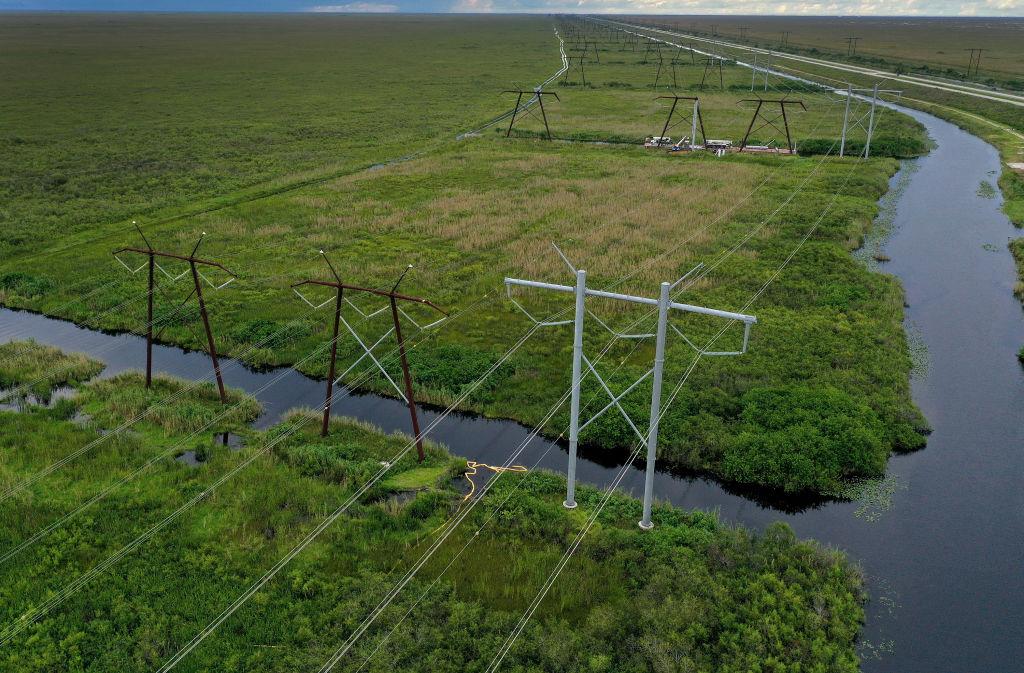A new group aims to fend off the Chinese Communist Party’s (CCP’s) influence in the United States by getting legislation passed in about 15 states in 2024, according to founder and CEO Michael Lucci.
State Armor, a nonprofit with an advocacy branch, will focus on three areas at the state level: protecting critical infrastructure, building a supply chain independent from China, and shutting down the CCP’s influence operations.




